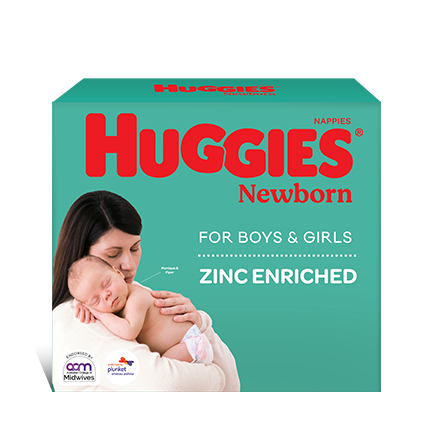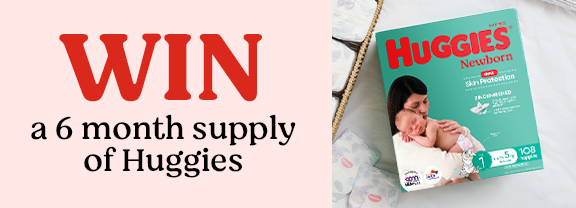Whilst conditions like postnatal depression and anxiety officially occur with the first year after having a baby, often these conditions are not diagnosed until much later. Find out more about how to spot the signs and where and where and how to get help.
In the early months after having your baby probably heard, read or even asked about postnatal depression. You may have even completed some questions with your Maternal Health Nurse or GP to see if you were experiencing a range of symptoms.
Whilst it is common, in fact one in seven women will experience postnatal depression, but too often it is not identified or diagnosed. for a whole range of reasons.
Often the early signs of postnatal depression and/or anxiety are simply put down to the many adjustments involves with having a baby. You may put symptoms down to just feeling tired, hormones, or even think what you were experiencing was just the baby blues hoping that it would pass. Over time this ends up being the way you may feel all the time .and you forget was normal even was.
Often postnatal depression can develop much later than just in the first months after having a baby when people are more likely to ask about it. Too often the signs are end up being ignored or missed, and often it is not until much later – even after the birth of a subsequent child, that women look back and realise that they were living with symptoms for a long time.
Looking back, I realise now in hindsight that I probably was experiencing depression for over a year. It wasn t until I had my third baby that the condition was finally diagnosed and I got treatment
In fact research undertaken by COPE: Centre of Perinatal Excellence, reveals that in a survey with over 1021 women who had perinatal depression and/or anxiety, 75% of women did not get help until they reached the point that they could not cope any longer.
So don t wait until you get to this point, be aware of the signs and symptoms of postnatal depression and anxiety, and find out more about where and how to access effective help. Remember, often these conditions don t go away on their own, and the faster you get help the faster you can recover.
To provide new parents with high quality advice and information about emotional and mental health when having a baby, COPE: Centre of Perinatal Excellence is a brand new not-for-profit organisation with an extensive new website www.cope.org.au.
The COPE website is a one stop shop with pages of high quality information, insights from others and tips for managing the many challenges that come with parenthood, as well as helping you to identify the signs and symptoms of the whole range of mental and emotional health problems that can occur, and where and how to seek help.
To find our more visit
www.cope.org.au
Stay in touch with us
www.facebook.com/COPEorg
COPE: Because no one ever tells you, how hard it can be.
Last Published* May, 2024
*Please note that the published date may not be the same as the date that the content was created and that information above may have changed since.























